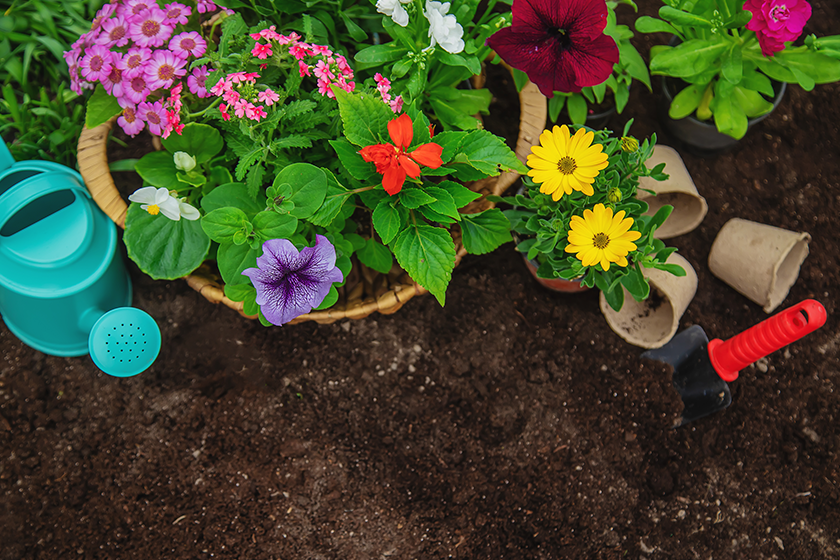Gardening offers more than just a way to beautify a space; it provides numerous physical, mental, and emotional rewards. The benefits of gardening for seniors go beyond the act of planting flowers or vegetables. Gardening actually helps keep individuals active, improve their mood, and even promote social interaction, making it a perfect activity for those in retirement. Whether in a community garden or a backyard, gardening provides a structured yet calming way to stay active, engaged, and healthy.
Physical Health Benefits of Gardening
One of the common enjoyable activities that older adults can do to stay physically active without overexertion is gardening. It involves light stretching, bending, and lifting, which can improve strength, flexibility, and balance. These movements support better mobility, enhance muscle tone, and can prevent falls, which are a major concern for older adults. Even tasks like watering plants or pruning can get the heart pumping and increase blood circulation, making it an ideal activity for seniors looking to stay fit in a low-impact way.
Mental Health Benefits of Gardening
Gardening has been shown to have a positive effect on mental health, offering elderly individuals a sense of purpose and satisfaction. Caring for plants and watching them grow can reduce stress, anxiety, and feelings of depression. The calming nature of tending to a garden provides a mental break from daily worries, encouraging mindfulness and a stronger connection with nature. Many older adults find peace and joy in seeing the fruits of their labor, which boosts self-esteem and contributes to overall emotional well-being.
Social Benefits of Gardening
There are also important social benefits associated with gardening, helping individuals form connections and combat loneliness. Many retirement communities organize gardening clubs or group activities where residents can share tips, exchange plants, and collaborate on green projects. These social engagements create an opportunity for meaningful interactions, fostering friendships and a sense of belonging. Being part of a gardening group also helps older adults feel less isolated, creating an environment where they can enjoy shared interests and grow together.
Cognitive Benefits of Gardening
Gardening encourages cognitive activity by requiring older adults to plan, make decisions, and solve problems. Tasks such as determining the best planting times, choosing plants, and maintaining the garden help engage memory and critical thinking. Research shows that these activities can slow cognitive decline by providing the brain with mental stimulation. Gardening promotes cognitive health by keeping the mind active and encouraging focus, which helps maintain sharpness and clarity as people age.
Nutritional Benefits of Gardening
Growing one’s own food offers a unique opportunity to improve diet and nutrition. Gardening allows individuals to grow fresh fruits, vegetables, and herbs, which are rich in vitamins, minerals, and fiber. This access to homegrown produce helps older adults incorporate healthier ingredients into their meals. Furthermore, the act of harvesting food is an engaging way to add variety to food, and the satisfaction of eating what they’ve grown can encourage a more balanced, nutritious lifestyle.
Join Us at Our Retirement Community for a Vibrant Life
Discover a vibrant lifestyle at our retirement community, where staying active and connected is effortless. Enjoy a variety of social activities, including gardening in our beautiful community garden—a perfect way to nurture wellness and forge friendships. From physical fitness programs that promote strength to engaging events that build meaningful connections, we offer something for everyone. Join us and experience a thriving, supportive environment designed to enrich every resident’s life.







